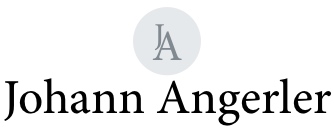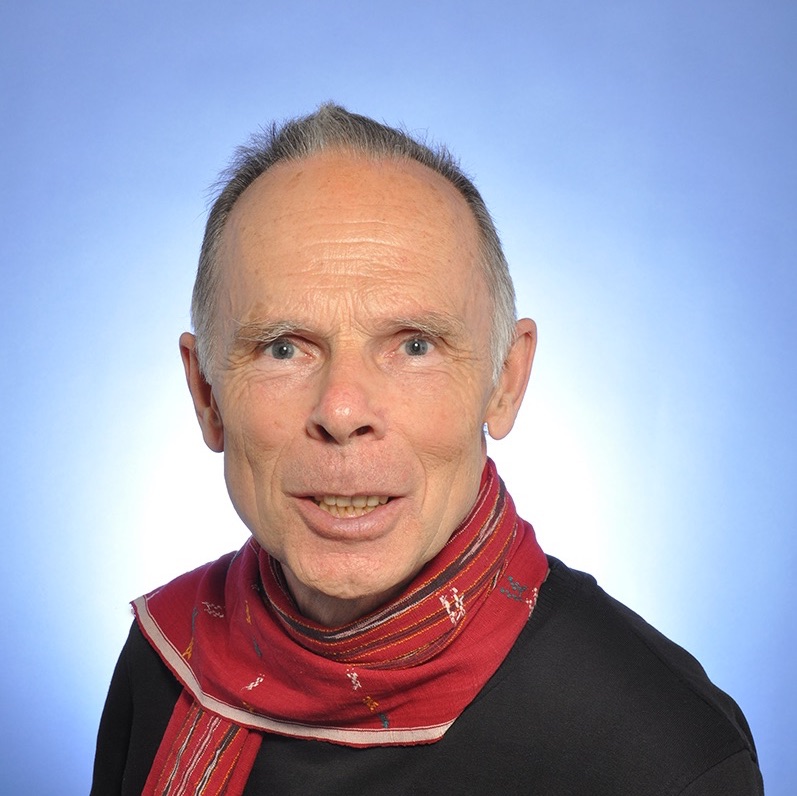A World People’s Representation is a concept or vision that can make it possible to imagine a united humanity. Only a united humanity – not a unified humanity subordinate to a world government – can make it possible for all people to be better off without having to destroy nature. Only a united humanity can make wars unnecessary and impossible in the long run. Only a united humanity can create the necessary conditions to build an economy that does not destroy nature, but still provides for the needs of the people. Only within a united humanity can we set ourselves the limits we need to save ourselves from nature- and self-destruction.
To achieve this, a World People’s Representation has no need of military or dictatorial powers, and does not need to want to dominate existing states. A World People’s Representation is achievable if reason prevails; if it becomes clear that, by seeking unity, everyone can win without anyone having to lose. On the other hand, today it has already become clear that, if we persist with the current trajectory and continue to destroy our natural resources and threaten ourselves with nuclear bombs, we will all lose.
A World People’s Representation would be a way by which the people, all people, could organize themselves on a global scale (and also on a local level) and be able to make urgently needed decisions, that no one else can make, together. A World People’s Representation would be an institution through which people would assume joint responsibility for the entire world, for people, and nature. A responsibility that no one yet bears, and whose absence keeps the door constantly open for the unhindered destruction of nature and the exploitation of people without power.
A World People’s Representation does not pose a threat to individual freedom. On the contrary, nothing else could guarantee individual freedom better. Unity would allow the primacy of law and justice everywhere, and that, in turn, would put an effective end to the possibility of abusing power for destructive and corrupt practices.
A World People’s Representation would be elected with the consent and support of all existing governments, but completely independent of all existing power relations and in an way that could not be manipulated. In the way proposed here, voting in small groups and in several rounds, unhindered by parties and candidates, all adults would participate, provided they are willing to vote and be elected. A World People’s Representation elected in the way proposed here would be composed not only of representatives of all the regions of the world, but also of equal numbers of both sexes. A constitution of humanity would define the possibilities of the World People’s Representation as well as the limits set for it.
The representatives in the World People’s Representation would only make decisions that promote the long-term common good. Problematic and partisan decisions would hardly be able to find the approval of the representatives of both sexes from all over the world, and probably not the approval of a clear majority of all national state governments. However, if decisions were to be made for the benefit of all, supported by the weight of the legitimacy of the World People’s Representation and national governments, then they could be genuinely implemented. Humanity would be able to act and provide the conditions for the cooperation necessary to secure our existence.
Does it make sense to imagine these possibilities? Isn’t this a utopia, and a completely impossible one at that? Of course, this is the case from today’s point of view. But, as Nelson Mandela said, ‘It always seems impossible until it’s done.’


